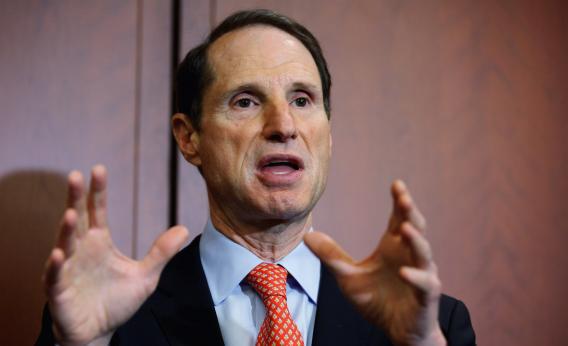This looks like the end of the beginning for PIPA/SOPA, as Harry Reid tweets that “In light of recent events, I have decided to postpone Tuesday’s vote on the PROTECT IP Act.” I think we can learn a few lessons here, many of which illustrate the main conclusions of Baumgartner et. al.’s excellent book Lobbying and Policy Change: Why Wins, Who Loses, and Why.
1) Lobbying isn’t all about money: Hollywood badly outspent Silicon Valley on this issue and still lost. This is completely typical. There’s no evidence that better-funded groups systematicallywin policy fights.
2) But money matters a lot: That said, it’s extraordinarily difficult to get on the agenda if you don’t have some money to spend. The fact that Silicon Valley firms like Google now have Washington offices and are clearly capable of offering both campaign contributions and the “legislative subsidy” of policy analysis to people who champion their causes was critical to getting opposition off the ground.
3) In America, always bet on change not happening: In the US political system, there is a ton of status quo bias. It’s easy to look at some worthy reform measure failing and then say the forces of evil always win, but the fact is that when the forces of evil want to push a terrible reform on the country they usually lose too. To pass something, you need to run the table – committees, two different houses of congress, the president – while the block something you only need one stopping point.
4) Polarization is an illusion of agenda-control: SOPA/PIPA was a completely bipartisan endeavor, promoted by Republican Lamar Smith in the House and Democrat Pat Leahy in the Senate. The opposition was bipartisan too. Democrat Ron Wyden played the crucial role in delaying PIPA in the Senate, but Tea Partiers led the opposition in the House. Nancy Pelosi became a vocal opponent, and at last night’s debate all the Republican presidential candidates were suddenly in opposition. This is a stark contrast to the narrative of partisan polarization, but it illustrates that the parties are polarized in part because the leadership deliberately promotes a polarizing agenda. Leaders deliberately put issues that unite their caucuses on the agenda. When happenstance causes the agenda to be dominated by something outside the main structure of partisanship, the polarization dynamic breaks down.
5) Public engagement matters: One key difference between this and, say, the Sonny Bono Copyright Term Extension Act is that SOPA/PIPA opponents actually got in the arena and did politics instead of complaining about how this showed that politics is corrupt and stupid. It was the whole boring dreary “call your congressman, sign this petition” rigamarole. Yes, often done in creative and innovating and webby ways. But still fundamentally about the idea that citizens need to communicate their views to elected officials. Members of congress, just like regular people, only have deep commitments to a few priorities. When they suddenly learn that they’ve mis-judged how many of their constituents care about something and which side they’re on, they’re happy to change positions.
